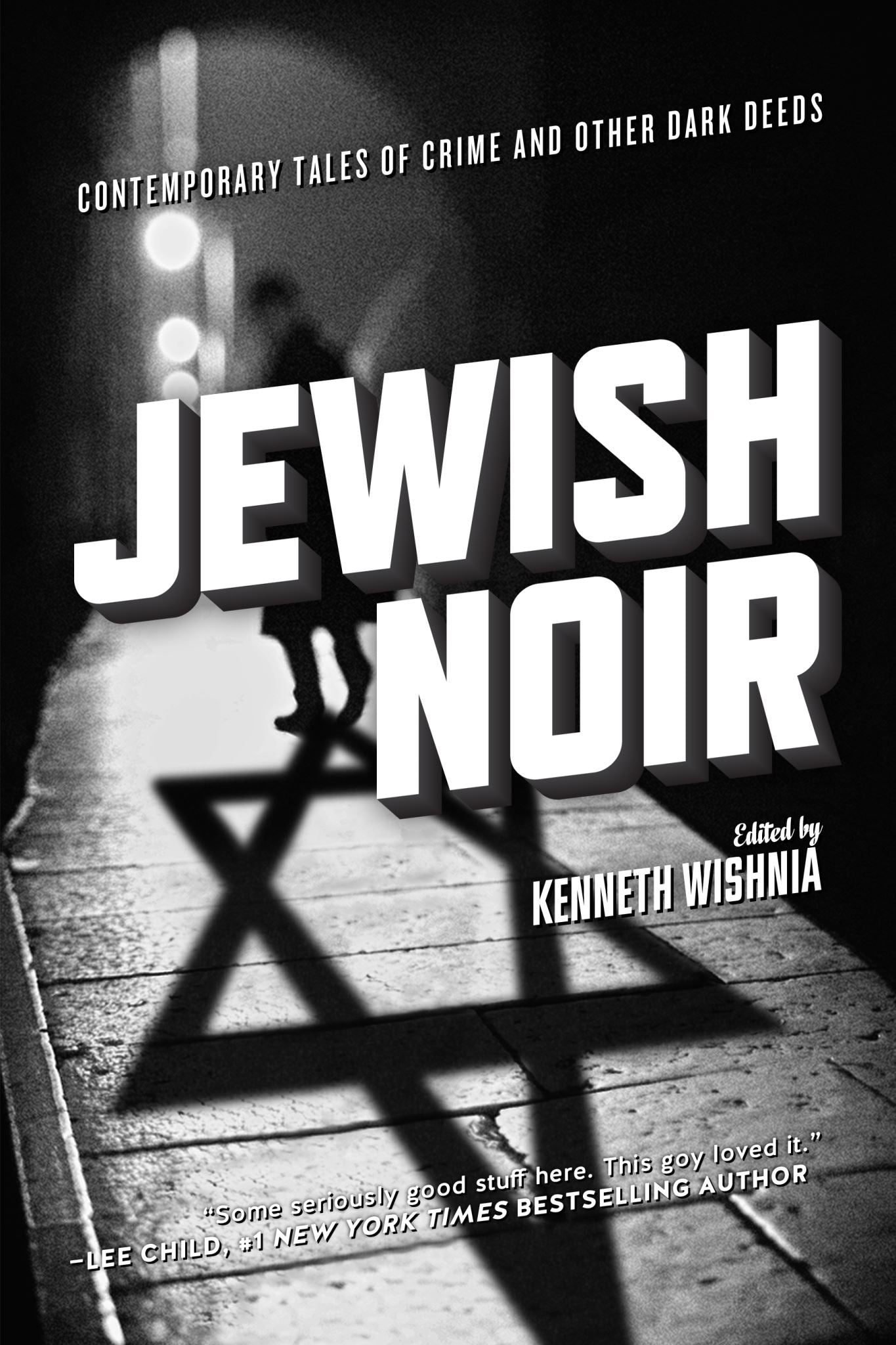Description
Condition: BRAND NEW
ISBN: 9781629631110
Format: Trade paperback (US)
Year: 2016
Publisher: PM Press
Description:
Jewish Noir is a unique collection of new stories by Jewish and non-Jewish literary and genre writers, including numerous award-winning authors such as Marge Piercy, Harlan Ellison, S.J. Rozan, Nancy Richler, Moe Prager (Reed Farrel Coleman), Wendy Hornsby, Charles Ardai, and Kenneth Wishnia. The stories explore such issues as the Holocaust and its long-term effects on subsequent generations, anti-Semitism in the mid- and late-twentieth-century United States, and the dark side of the Diaspora (the decline of revolutionary fervor, the passing of generations, the Golden Ghetto, etc.). The stories in this collection also include many “teachable moments” about the history of prejudice, and the contradictions of ethnic identity and assimilation into American society.
Stories include: in 1912 by one of the great unsung writers of that era, Yente Serdatsky. This story depicts the disillusionment that sets in among a group of Russian Jewish immigrant radicals after several years in the United States. This is the story’s first appearance in English.
“Trajectories,” Marge Piercy’s story of the divergent paths taken by two young men from the slums of Cleveland and Detroit in a rapidly changing post-World War II society.
“Some You Lose,” Nancy Richler’s empathetic exploration of the emotional and psychological challenges of trying to sum up a man’s life in a eulogy.
“Her Daughter’s Bat Mitzvah,” Rabbi Adam Fisher’s darkly comic profanity-filled monologue in the tradition of Sholem Aleichem, the writer best known as the source material for Fiddler on the Roof (minus the profanity, that is).
“Flowers of Shanghai
ISBN: 9781629631110
Format: Trade paperback (US)
Year: 2016
Publisher: PM Press
Description:
Jewish Noir is a unique collection of new stories by Jewish and non-Jewish literary and genre writers, including numerous award-winning authors such as Marge Piercy, Harlan Ellison, S.J. Rozan, Nancy Richler, Moe Prager (Reed Farrel Coleman), Wendy Hornsby, Charles Ardai, and Kenneth Wishnia. The stories explore such issues as the Holocaust and its long-term effects on subsequent generations, anti-Semitism in the mid- and late-twentieth-century United States, and the dark side of the Diaspora (the decline of revolutionary fervor, the passing of generations, the Golden Ghetto, etc.). The stories in this collection also include many “teachable moments” about the history of prejudice, and the contradictions of ethnic identity and assimilation into American society.
Stories include: in 1912 by one of the great unsung writers of that era, Yente Serdatsky. This story depicts the disillusionment that sets in among a group of Russian Jewish immigrant radicals after several years in the United States. This is the story’s first appearance in English.
“Trajectories,” Marge Piercy’s story of the divergent paths taken by two young men from the slums of Cleveland and Detroit in a rapidly changing post-World War II society.
“Some You Lose,” Nancy Richler’s empathetic exploration of the emotional and psychological challenges of trying to sum up a man’s life in a eulogy.
“Her Daughter’s Bat Mitzvah,” Rabbi Adam Fisher’s darkly comic profanity-filled monologue in the tradition of Sholem Aleichem, the writer best known as the source material for Fiddler on the Roof (minus the profanity, that is).
“Flowers of Shanghai

